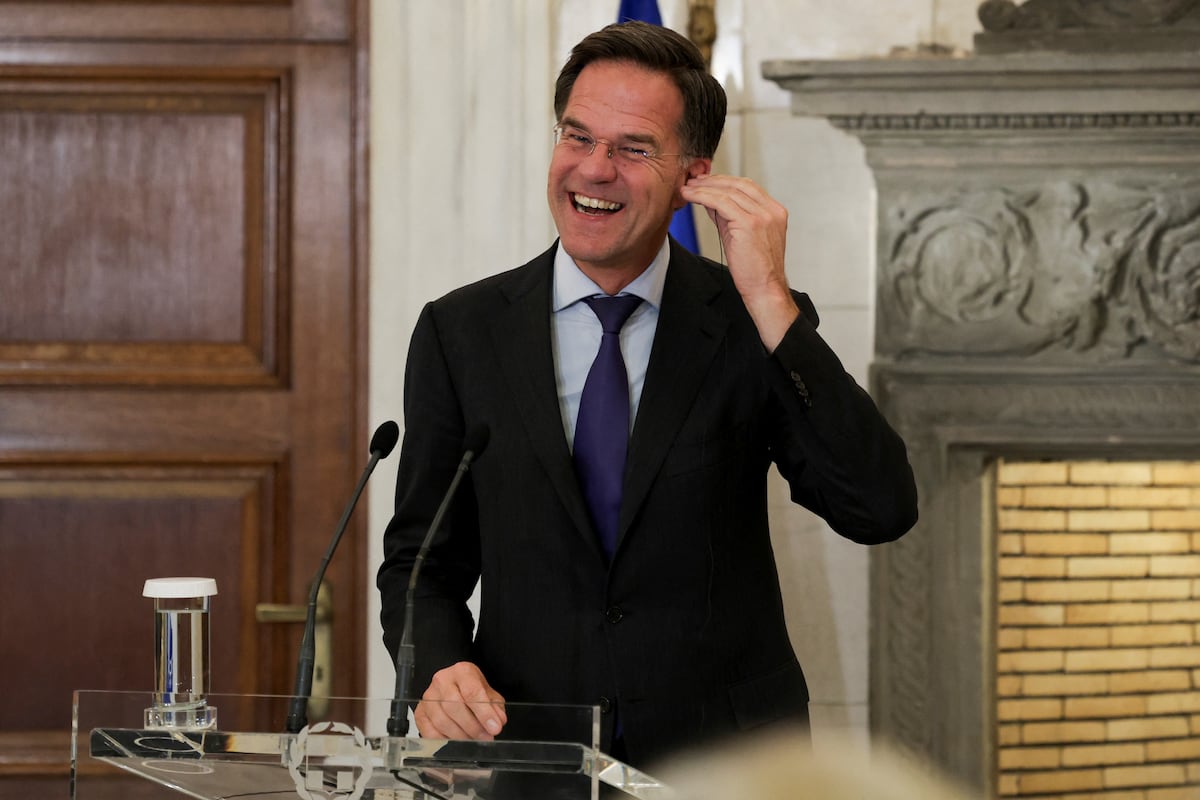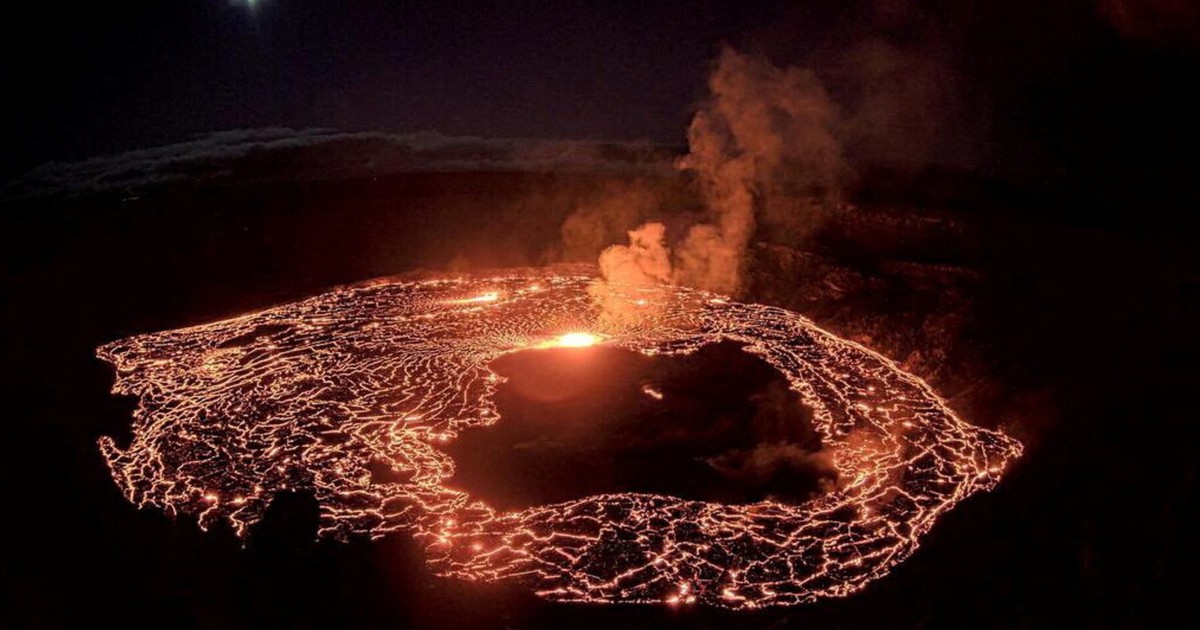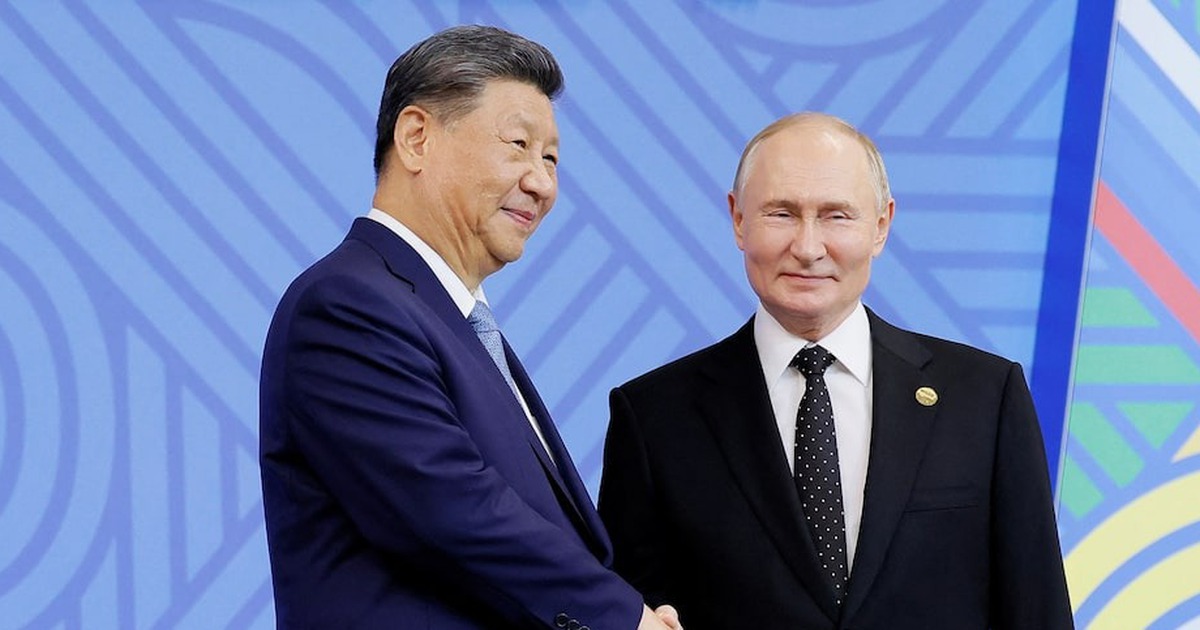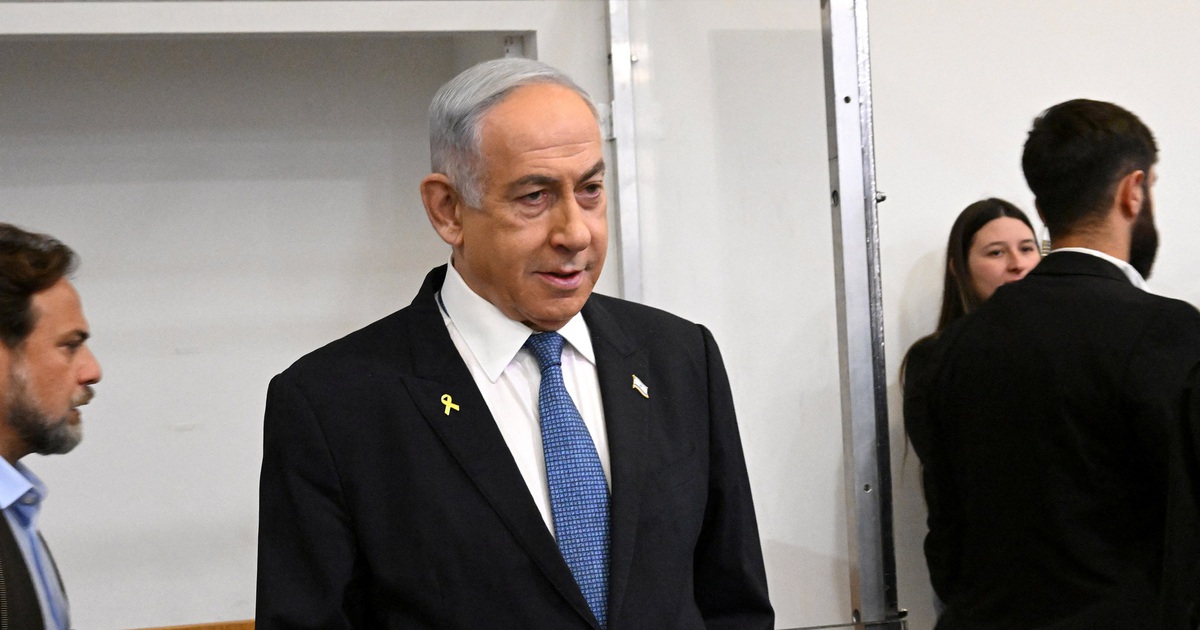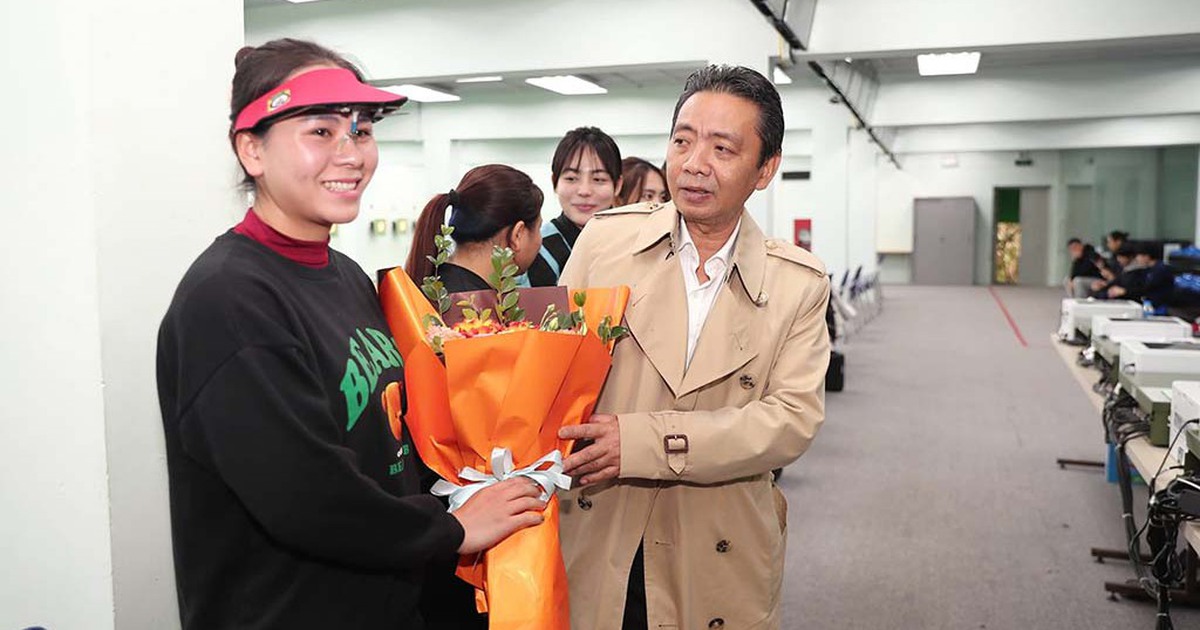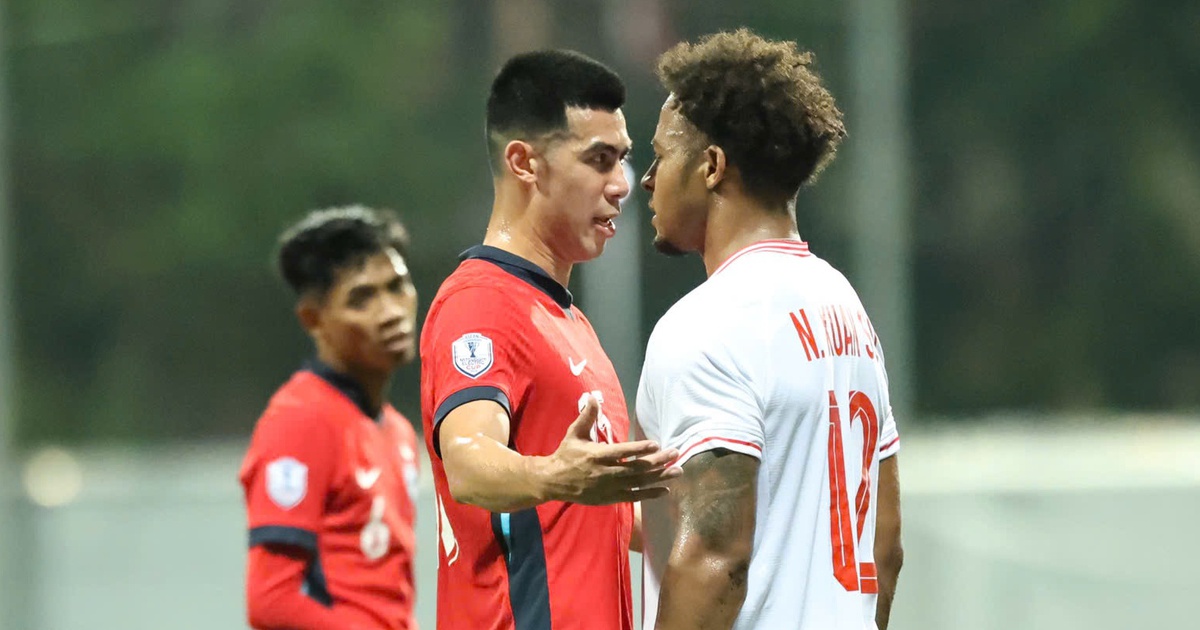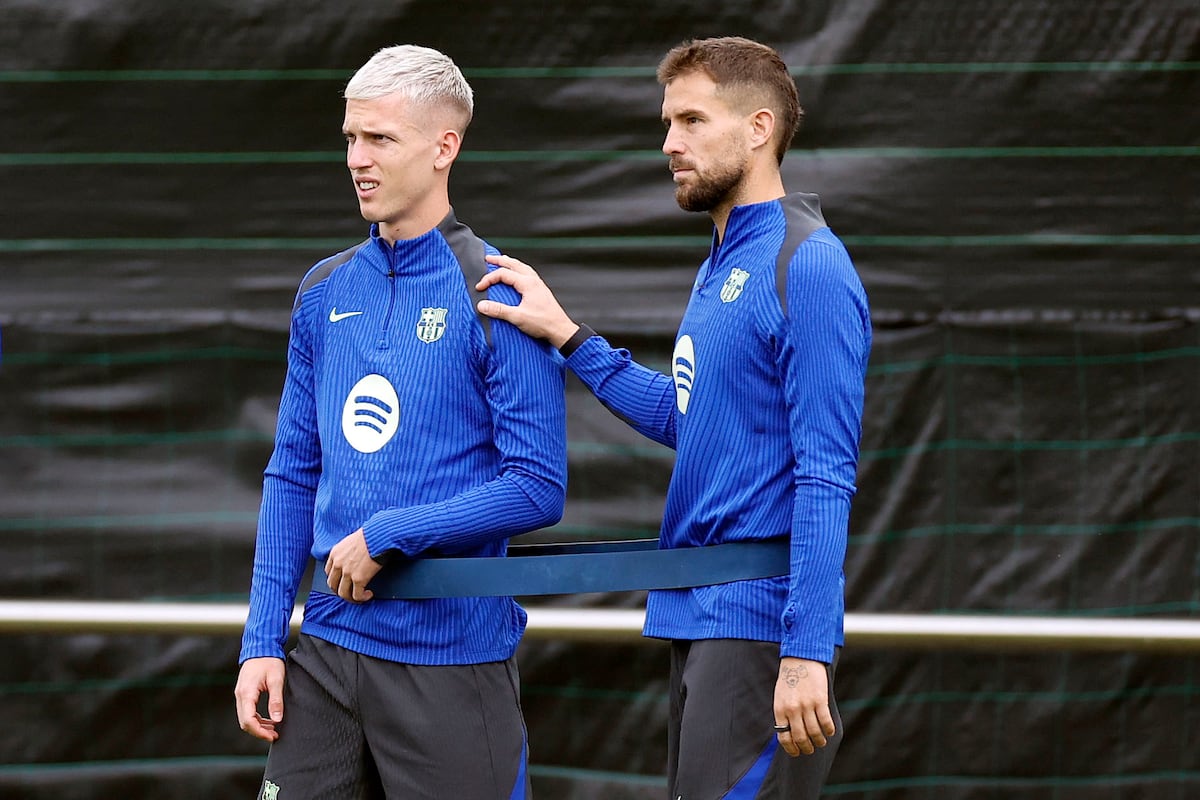NATO has firmly closed ranks this Tuesday with Ukraine, in the midst of a new escalation of the war after the Kremlin’s threat of “retaliation” against kyiv for firing long-range US missiles against Russian territory on at least three occasions, after Moscow in turn used, for the first time, a new generation ballistic missile in the conflict that began more than 1,000 days ago.
In an emergency meeting in Brussels called at the request of Ukraine after the Russian launch last week of an experimental ballistic missile against Dnipro, the ambassadors of the Atlantic Alliance have “reaffirmed their support for Ukraine” in the face of what they have described as “ another attempt by Russia to terrorize the Ukrainian civilian population and intimidate those who support Ukraine,” according to a brief official statement. The use of new generation weapons “will neither change the course of the conflict nor stop the allies’ support for Ukraine,” said NATO spokesperson Farah Dakhlallah.
The meeting, held behind closed doors and chaired by the acting deputy secretary general, Boris Ruge, lasted just over an hour. In it, the allies have been informed of the situation and the turn of the war since Moscow decided to use experimental weapons by senior Ukrainian soldiers, who have participated by videoconference in the meeting. This precedes the meeting at the level of NATO foreign ministers that will be held next Tuesday and Wednesday, also in the Belgian capital, and where Ukraine will once again focus attention, amid new calls to redouble allied efforts.
Something that NATO Secretary General Mark Rutte has already done this Tuesday, from Athens, has asked allied countries to increase their military aid to Ukraine to “change the trajectory of the conflict.”
“We must provide critical air defense systems,” he stressed, while calling for compliance with all the “commitments” made during the NATO summit in Washington, among others in terms of training, the commitment of another 40 billion dollars of support for kyiv in 2024, which is almost over, and “more measures to bring Ukraine closer to NATO.” The day before, Deputy Secretary General Ruge assured the NATO Parliamentary Assembly that the Alliance Security Assistance and Training Command for Ukraine (NTSATU), another of Washington’s commitments, will be “ soon fully operational.”
Ahead of his meeting with Greek Prime Minister Kyriakos Mitsotakis, Rutte warned that Russia’s use of “North Korean weapons and troops, Iranian drones and Chinese dual-use products for its defense industry” constitutes a “dangerous expansion of war and a challenge to global peace and security.” Although Ukraine has resisted to date thanks to the support of the West, allied countries must go “further” in their support, he insisted.
The Secretary General of NATO has openly supported, and for some time, that Ukraine can use the weapons it receives from the West against military targets on Russian territory, a decision that, however, remains national ―The United States and the United Kingdom have given its approval to Kiev. He has also insisted, like his predecessor, Jens Stoltenberg, on the need to increase defense spending, something that has acquired new urgency since the victory of Republican Donald Trump – with whom he met on Friday in Florida – and his imminent return to the White House. At a meeting in Berlin on Monday, the defense ministers of Germany, France, the United Kingdom, Poland and Italy, whose countries account for two-thirds of Europe’s security spending, also stressed the need to improve cooperation on security and further increase defense spending.

